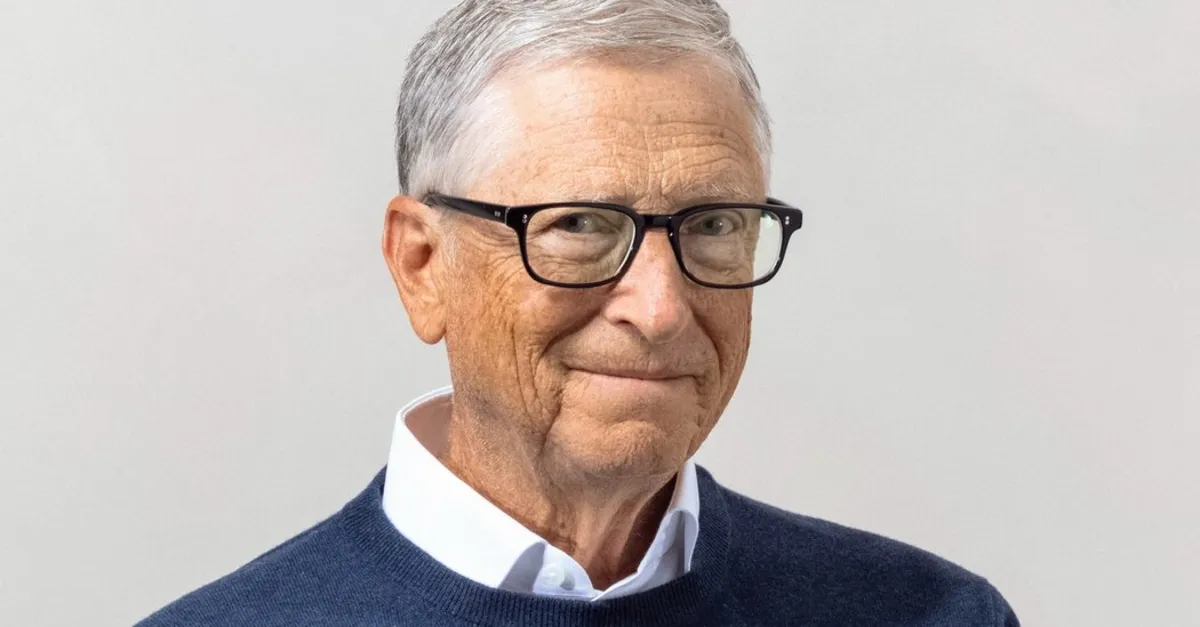
Today, the Gates Foundation celebrates a monumental milestone: its 25th anniversary. In a surprising turn of events, the foundation has announced its plans to permanently close by December 31, 2045. Established in 2000, the foundation was a brainchild of Bill Gates, then the world’s richest man at 44, and Melinda French Gates, who was just 35. Over the years, the foundation has emerged as one of the most influential philanthropies globally, significantly reshaping the landscape of global public health and investing over $100 billion into various causes that desperately needed funding, ultimately saving tens of millions of lives.
Throughout its history, the Gates Foundation has not only been a source of pragmatic public health initiatives but has also embodied the spirit of the Golden Rule, a phrase often used by Gates himself. This foundation has represented a period characterized by elite optimism and a commitment to humanitarian efforts. Despite acknowledging that the announcement may seem poorly timed, Gates is optimistic about the foundation’s future plans. He has committed the foundation to an additional 20 years of impactful aid, aiming for a total of over $200 billion directed toward health and human development projects.
The announcement carries significant weight as it signifies a definitive end for the Gates Foundation, closing its doors several decades earlier than initially expected. In the interim, the foundation will actively spend down its endowment, as well as a considerable portion of Gates’s remaining personal fortune. This decision comes at a precarious moment, particularly in light of recent cuts to foreign aid by the Trump administration, which have raised concerns about the future of global generosity.
A recent study published in The Lancet highlighted the potential dire consequences of reduced American funding for PEPFAR, the program focused on delivering H.I.V. and AIDS relief abroad. Such cuts could lead to the tragic loss of 500,000 children by 2030. Similarly, the journal Nature warned that a complete halt of U.S. aid could result in approximately 25 million additional deaths over the next 15 years. While these cuts are emblematic of the current administration's stance, they are not the sole narrative affecting global health funding.
Since the 2000s, the trend of global giving for health has experienced a slow growth trajectory through the 2010s. The culture of philanthropy has evolved, transitioning from the era of the Giving Pledge — where the world’s wealthiest individuals committed to donating over half of their fortunes — to the rise of Effective Altruism and a new wave of extreme wealth often characterized by grandiosity rather than altruism.
Following the Gateses’ divorce in 2021, Melinda established her own philanthropic endeavors, while Warren Buffett, a long-time supporter of the foundation, has taken steps to direct his remaining fortune into a charitable trust managed by his children, indicating a shift away from the Gates Foundation.
After several years of decline following the COVID-19 pandemic, this year has seen foreign aid plummet, as noted by Mark Suzman, the Gates Foundation’s chief executive, in a recent article for The Economist. On the ground, progress in health initiatives has been inconsistent, particularly as numerous vaccination programs faced interruptions due to the pandemic, leaving the world’s poorest nations grappling with severe debt challenges.
While the share of the global population living in extreme poverty saw a significant decline of nearly three-quarters between 1990 and 2014, the numbers have stagnated since then, underscoring the pressing need for sustained humanitarian efforts. As the Gates Foundation embarks on its final years, its commitment to aid and development remains a critical focus, with the hope of continuing to foster significant change in global health.